Here are all the books I've read and reviewed over the past year. As is typical of my lifestyle, I take in more audiobooks than physical books. I'm not a purist about that sort of thing. The one hitch is that I've already burned through a LOT of the audiobooks from the library that had my interest. It's forced me to branch out to other genres, so you'll see some more non-fiction and a couple of mysteries here. Plus one or two books I'm categorizing as Fantasy, though there are no swords and sorcery in the mix.
There is one very specific element that kept popping up in the sci-fi I read this year: A distant-future community of humans has their Earthly origins kept secret by a manufactured religious authority.
- The Interdependency Trilogy features a theocratic government put in place to manage an interplanetary alliance of traders and producers.
- The Safehold series backstory, human survivors of an alien purge get their minds erased and rewritten to avoid any new industrial technology that might draw the aliens' attention.
- The SILO trilogy has an isolated community of humans living underground, compelled by religious doctrine to never leave their enclosed environment.
What a peculiar recurring theme to encounter in books from very different authors at very different levels of quality. I wonder if something's just been in the air the past ten years or so.
Anyway, what follows are my gathered book reviews from my Mastodon account. (https://mastodon.social/@DanielSolis) Follow me there if you'd like to see more!
Non-Fiction
DUCKS by Kate Beaton covers her time working and living on the oil sands, just before her rise to fame. Beaton is unflinching as she presents all layers of the oil sands' fraught economies, flashes of empathy, banal commonplace brutality, and heartbreaking rage. Throughout the slices of life, a question lurks: Has this system changed these people or just exposed something already within them? This is the kind of book that sits in your gut for a while.
I'M GLAD MY MOM DIED by Jennette McCurdy
This memoir hits different because I never watched the Nickelodeon show and I wouldn't recognize any of the cast in a crowd. (I was just a few years too old for it.) So instead of the celebrity aspect, what hit me most was deep gravity that poverty and mental illness can have across generations. In particular, how little that new wealth or fame can heal those deep scars.
Sarah Stewart Johnson
A wistful memoir of a planetary science career, contextualized by anecdotes from our historical fascination with Mars. A fun read, even if you're familiar with bits of that history. It's humbling seeing it braided together.
ACROSS THE AIRLESS WILDS by Earl Swift
A loving history of the hectic development of the three rovers that Apollo astronauts drove on the moon. Detailed with actual memos and diaries, but never mired in minutia. I have a deeper appreciation for the LRV as more than a mere "moon buggy." Throughout, the events leading to the final Apollo missions have a wistful, ominous tone. Everyone knew this would be the last trip, they just didn't know how long it would be.
THE NEW GUYS
Meredith Bagby
In the late 70s, NASA introduced their first class of civilians, women, and POC — "those f*ing new guys" as the old-timers put it. Bagby details four decades and a dozen astronauts, offering plenty of space history without getting bogged down. In effect, this is a biography of the space shuttle program itself. That includes cynical beginnings, heartbreaking tragedies, and infuriating mismanagement. The New Guys rise above it all.
Sci-Fi
DOOMSDAY BOOK by Connie Willis
This 1992 time travel novel was eerily prescient about the pandemic, aside from the absence of cell phones and internet.
Alas, I found the present-day plot full of fretful complainers and anime-style repetition. The 1300s story had more emotional stakes, though also its own share of nasty fretting.
I grew impatient with the delirious evasions that slowed the 1st half. It recovered in the 2nd half, but I don't think I'll revisit this series.
AT THE SIGN OF TRIUMPH
David Weber
I haven't recorded my thoughts on each of the SAFEHOLD books since my opinion has only lessened over time. The nautical stuff was fun, but increasingly rare amidst other cringey, repetitive plot points. (I made a bingo card of Weber's oft-used phrases, like "he showed his teeth" or "in the fullness of time.") This is not the last book, but I'm ending here since it took nine doorstopper novels to close just *one* major arc. That's it, I'm done.
WOOL
Hugh Howey
A centuries-old community lives in a mile-deep subterranean silo, forbidden from mentioning anything "outside" or "before." That pressure cooker ratchets up the tension while confidently answering each question raised by the central premise. No interminable mystery boxes here. The world unravels just enough to tantalize. What a blessed relief it is to sense the author has an endgame in mind and does not dawdle. Props to the editing team.
SHIFT
Hugh Howey
Howey doesn't dawdle with a mystery. SHIFT lays bare the backstory of Silo's core premise. While those answers require *many* suspensions of disbelief, the greatest is that we're expected to have empathy for such a feeble, weak-willed protagonist. His milquetoast hand-wringing directly leads to the end of most life on Earth. Made even more inexplicable by the only two female characters being desperately in love with him? Oy vey.
DUST
Hugh Howey
After SHIFT, you might be surprised I read on to book 3, but the plot veered back to book 1's much more endearing characters. (Thankfully.) As usual, Howey isn't coy about doling the outlandish premise a definitive answer, even if the details strain credulity. (How long are canned vegetables still edible?) There's a brief unnecessary digression into a sadistic apocalyptic cult that goes nowhere, but overall a satisfying conclusion.
KAIJU PRESERVATION SOCIETY
John Scalzi
The hero's pandemic job loss leads to a new gig with an intergovernmental group managing an alternate Earth's colossal wildlife. A breezy adventure written mostly during the depths of the pandemic. Office Space meets Godzilla. Funny how the threat of a giant radioactive monster is a light-hearted escape from the grim reality of a tiny virus. Thankfully, this closes with a tidy happy ending without loose threads suggesting an ongoing "saga."
Edward Ashton
Sometimes, you accept a core premise to get to the rest of the story.
Accept that a planet colony requires one laborer who is replaceable with their own clones. It's a role valuable enough to spend scarce resources, but for various reasons that tech is not used to help any other colonists "survive."
The resulting story is mostly inoffensive. It skirts towards a bro-ey voice at times. I'm not surprised it will become a movie. I'll read the sequel.
ANTIMATTER BLUES
Edward Ashton
Mickey7's sequel is fine as far as the plot went, except that characters wouldn't share vital information with each other when it would be really useful. Lots of
"Well are you going to TELL me?"
"Not yet"
or
"Why didn't you warn us?"
"I did, technically."
Makes sense for nascent alien miscommunication, but got increasingly bizarre for the humans. One character's arc hinges on a series of unanswered text messages. Odd.
FLEET OF KNIVES
LIGHT OF IMPOSSIBLE STARS
Gareth L. Powell
This feels odd to say, but this trilogy is the first time I've read something where I felt like I had read the same books as the author. The alternating POV chapters feel like the Expanse. The scrappy rogues' gallery of crewmates feels a bit like Wayfinders (though might just as easily be Firefly- or Farscape-inspired.) The sprinkling of opaque alien artifacts left behind as warning and security from an ancient galactic threat feels Revelation Space. The snarky ship minds having hyperspeed conversations in virtual environments felt like The Culture. In the end, the melange never quite gelled for me though. I could see the seams between these disparate inspirations to clearly. This is a shame, because I do desperately want a new author to pick up the mantle of Banks.
FRACTAL NOISE
Christopher Paolini
I like "doomed exploration" scifi stories into the heart of darkness. Here, a crew of blue-collar space workers find the first sign of sentient alien life: A giant hole, kilometers deep, emitting megatons worth of energy into space at regular intervals. They must approach on-foot, testing their humanity at each step. Alas, this genre too often has an obtuse antagonist seemingly intent on worsening any crisis. This story has TWO of them.
THE CONSUMING FIRE
John Scalzi
Happy to come back to this trilogy after a long time since I read book 1. Lingers on the court intrigue for my tastes, but the players are down-to-earth and find some fun space opera hooks. Immediately checked out book 3.
THE LAST EMPEROX
John Scalzi
Great closer to a tight trilogy. Carries on a bit of the courtly intrigue but better balanced with the revelations and space shenanigans introduced in book 2. Gently opens some possible new stories but I'm satisfied with how it wraps up.
Fantasy
BEFORE YOUR MEMORY FADES
Toshikazu Kawaguchi
Anthology about a cafe where you can travel through time, but following such strict rules that it may as well just be a therapy session. Thus the traveler in each story reconciles some deep regret or grief in their life.
This is the third book in the series, but I took a chance jumping in. You get the gist pretty well since it's mainly an anthology anyway.
A gentle, low-stakes Quantum Leap. Recommended!
Tamsyn Muir
I already have trouble keeping track of names. Here, everyone has multiple names and bodies are shared by multiple people. Add to this salad a few dozen other Proper Nouns, several vaguely defined disputes between various factions, and a main character who has very little agency throughout most of the story. Protagonist as MacGuffin.
I did like getting some answers about the back story of the world.
Otherwise, this is not for me.
Mystery
Richard Osman
A kind and humanist spin on the classic cozy murder mystery. The heroes are septegenarian amateur detectives living in a retirement community. All have histories that contribute to their team, like an elderly Scooby Gang.
Richard Osman
I really enjoyed the first of these mystery novels, but wondered how it could possibly become a series. I shouldn't have worried! Osman ties together about three separate mysteries then cuts them all at once, like a Gordian knot. That said, the real draw is the gaggle of septuagenarian detectives and their widening circle of confidants. A true delight for any mystery fan.
Richard Osman
The geriatric detective gang face unexpected consequences of how they solved their last mystery. Includes some of the enemies-turned-friends arcs that I like. There is one bit of "Knock the heroes unconscious, but they experience no long-term medical repercussions" that is my constant pet peeve. It seems especially galling when the heroes are 80+. Ah well, it's in good fun. I love hanging out with these low-key, smartass old folks.
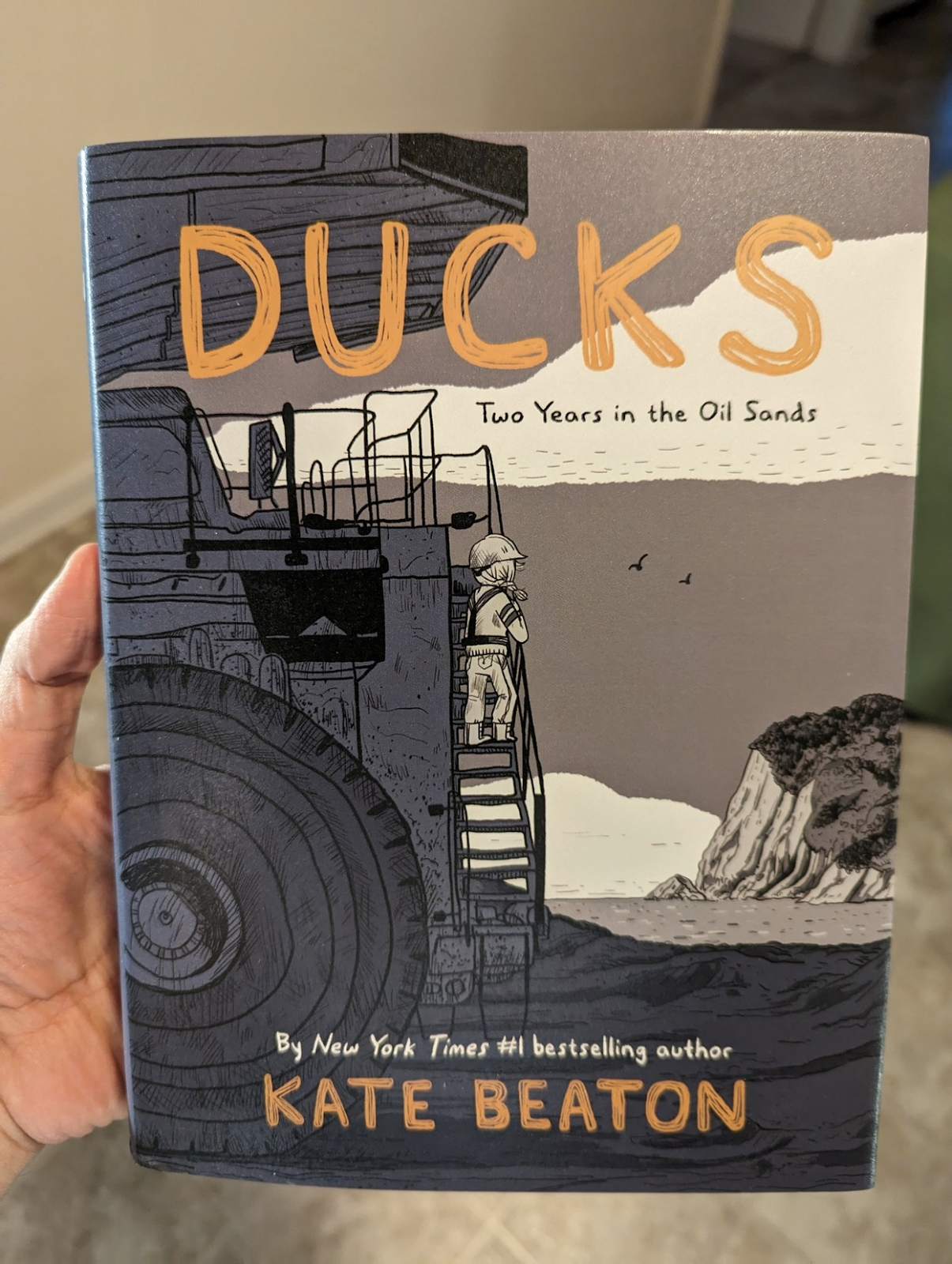
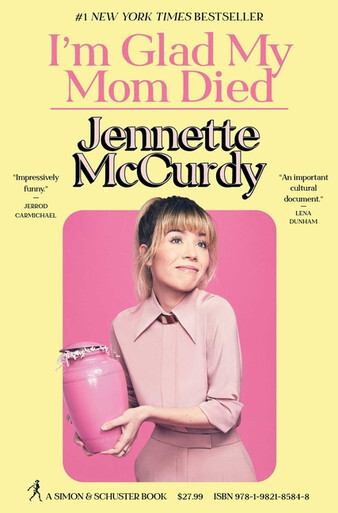

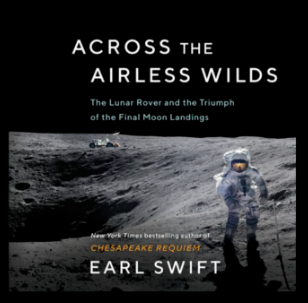






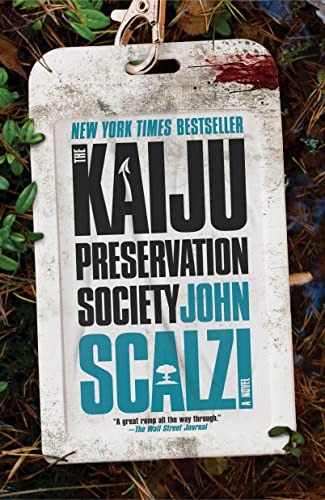






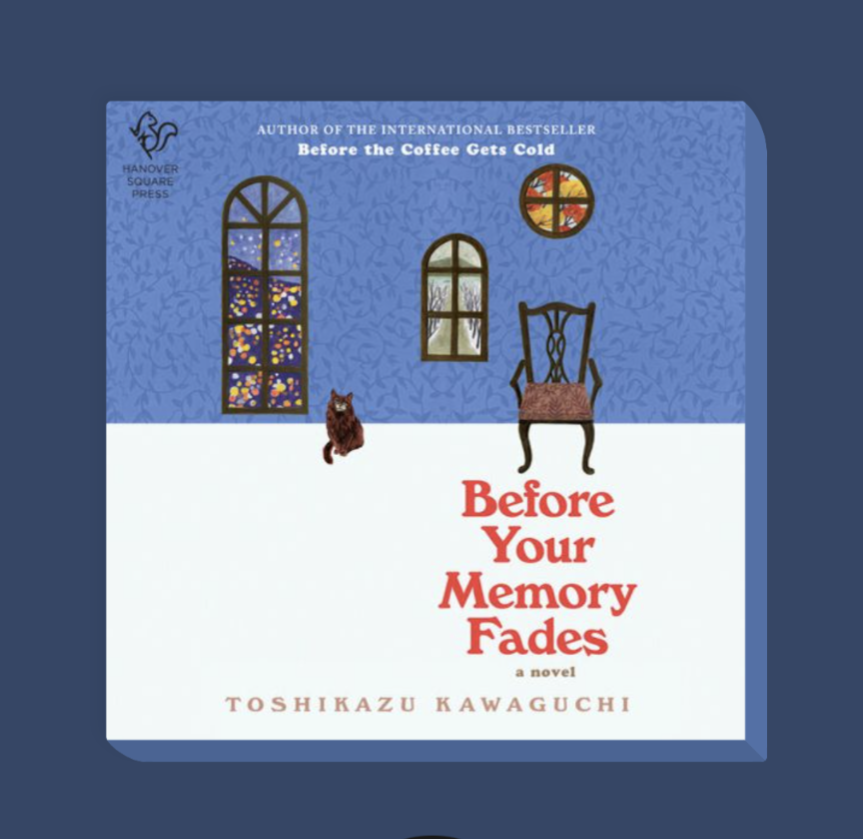
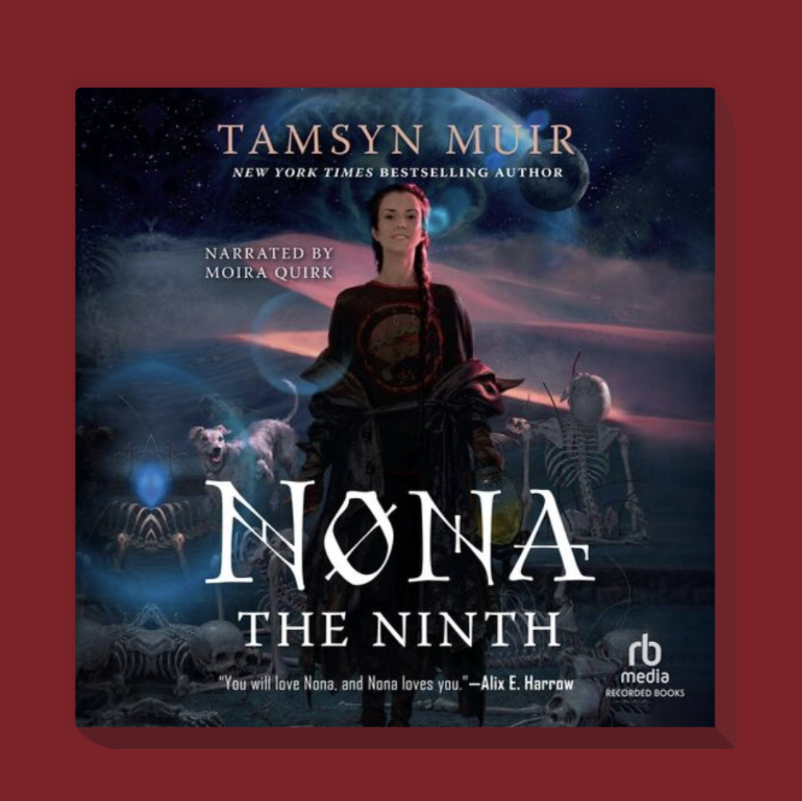



Comments
Post a Comment